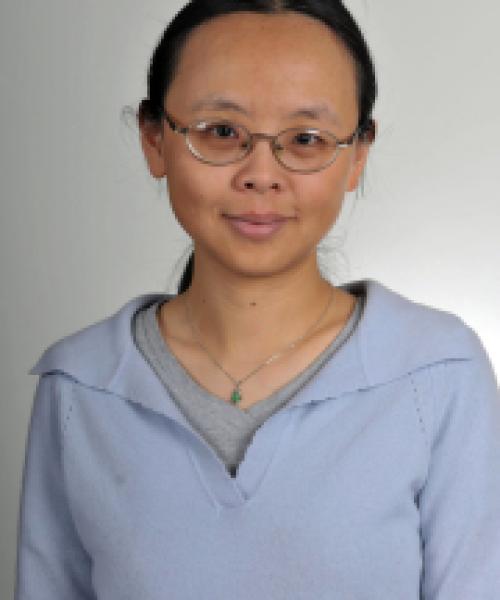
Research Interests
Min Li
I believe that the ultimate goal of assessments should not only reflect students’ learning outcomes, but also, which is more important, improve students’ learning. My primary research centers on "the assessment triangle" that links the vertices of learning (cognition), assessment, and interpretation. From my early work on comparing concept-mapping techniques to more recent work on analyzing the large-scale test items (like TIMSS), I focus on exploring assessment tools that tap into different cognitive factors. My work is mainly geared towards tying the science of cognition to the research of assessment. In addition, I (and my colleagues) have been working closely with teachers on a staff development project to enhance teachers’ formative assessment practices using science notebooks. Finally, I am interested in statistical and cognitive methods for bringing well-warranted information to bear on the validity of the link between assessment and the construct to be measured. In my future research, I’m planning to explore how students response to the test items and how assessment practice can improve student learning, which may involve interdisciplinary collaborations with teachers and scientists.
Multimedia
Li, M., Shavelson, R.J., Kupermintz, H. & Ruiz-Primo, M.A. (2002). On the relationship between mathematics and science achievement: An exploration of the Third International Mathematics and Science Study. In D. F. Robitaille & A. E. Beaton (Eds.), Secondary analysis of the TIMSS data (pp. 233-249). Boston: Kluwer Academic Publishers.
Ruiz-Primo, M.A., & Li, M. (in press). On the use of students’ science notebooks as an assessment tool. Accepted by Studies in Educational Evaluation.
Solano-Flores, G., & Li, M. (in press). Examining the dependability of performance measures for English-language learners. A chapter to be published by Lawrence Erlbaum.